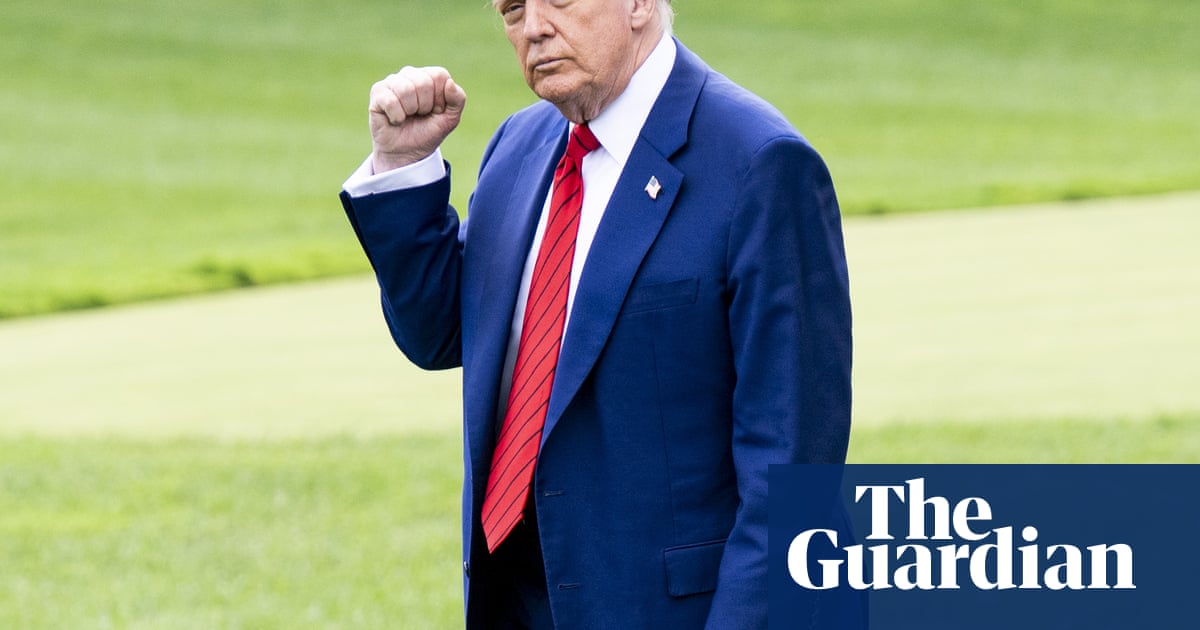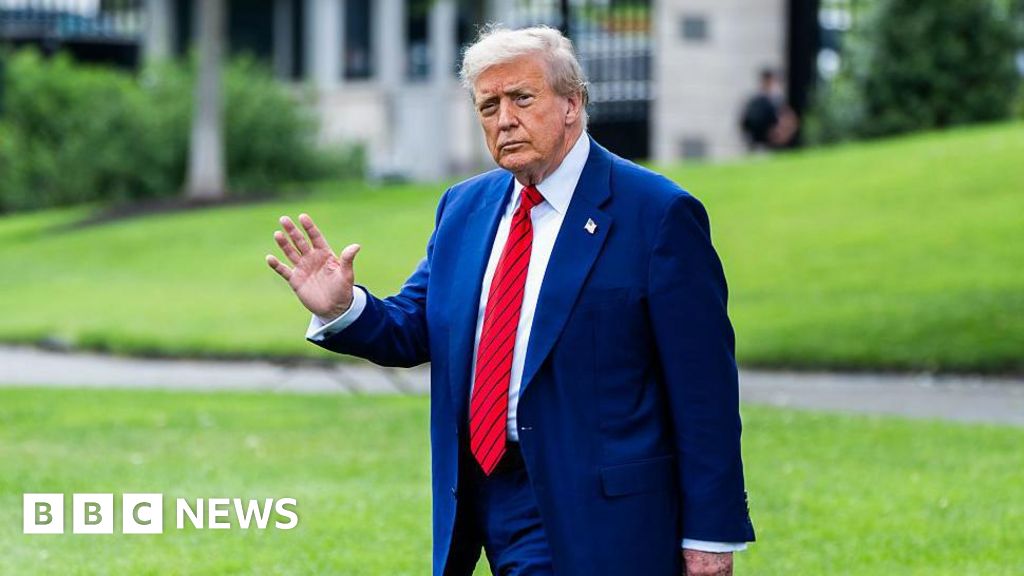Pakistan's announcement of its intention to nominate US President Donald Trump for the Nobel Peace Prize has sparked both praise and criticism within the country. This move follows Pakistan's assertion that Trump played a pivotal role in helping to mediate a ceasefire between India and Pakistan during a recent crisis.
The Pakistani government highlighted Trump's "decisive diplomatic intervention and pivotal leadership" during the conflict, emphasizing his strategic foresight and statesmanship in de-escalating the situation. Despite Pakistan's endorsement, India has refuted the role of the US as a mediator in the ceasefire, asserting that it was a bilateral agreement between the two nations' militaries.
Trump, who has expressed a desire to receive the Nobel Peace Prize in the past, claimed credit for averting a potential nuclear war between India and Pakistan. He underscored his involvement in resolving various conflicts, including the Abraham Accords between Israel and some Muslim-majority countries in his first term as President.
The nomination of Trump for the Nobel Peace Prize by Pakistan coincided with a meeting between the US leader and Pakistan's army chief, marking a significant engagement between the two nations. While some, like former Senate Defence Committee chair Mushahid Hussain, view Trump favorably for Pakistan's interests, others, such as former ambassador to the US, Maleeha Lodhi, criticize the move as compromising Pakistan's national dignity.
In Pakistan, opinions on Trump's nomination diverge due to his controversial stances, notably his support for Israel's actions in Gaza. Talat Hussain, a prominent Pakistani television political talk show host, described Trump as "Israel's sugar daddy in Gaza" and questioned his suitability for a peace prize. The complex dynamics of geopolitics, personal interests, and international relations are at play in the debate surrounding Trump's nomination for the prestigious award.
Trump's assertion that he will not receive the Nobel Peace Prize regardless of his actions, including potential future involvement in conflicts like Russia-Ukraine and Israel-Iran, reflects a mix of confidence and frustration. His ambitions to secure the prize align with his previous criticism of former President Barack Obama's Nobel Peace Prize win in 2009.
Against the backdrop of regional tensions and global power dynamics, Pakistan's endorsement of Trump for the Nobel Peace Prize reveals the complex interplay between diplomatic relations, national interests, and international recognition. The decision to nominate Trump reflects differing perspectives within Pakistan on the role of the US President in promoting peace and stability in the region, highlighting the nuances of diplomatic engagements and geopolitical challenges.
The controversy surrounding Trump's potential nomination for the Nobel Peace Prize underscores the complexities of international relations and the multifaceted nature of peace-building efforts. As debates continue over the impact and significance of Trump's involvement in conflict resolutions, the nomination serves as a lens through which to analyze the intricate dynamics of diplomacy, power dynamics, and global recognition in today's complex geopolitical landscape.


